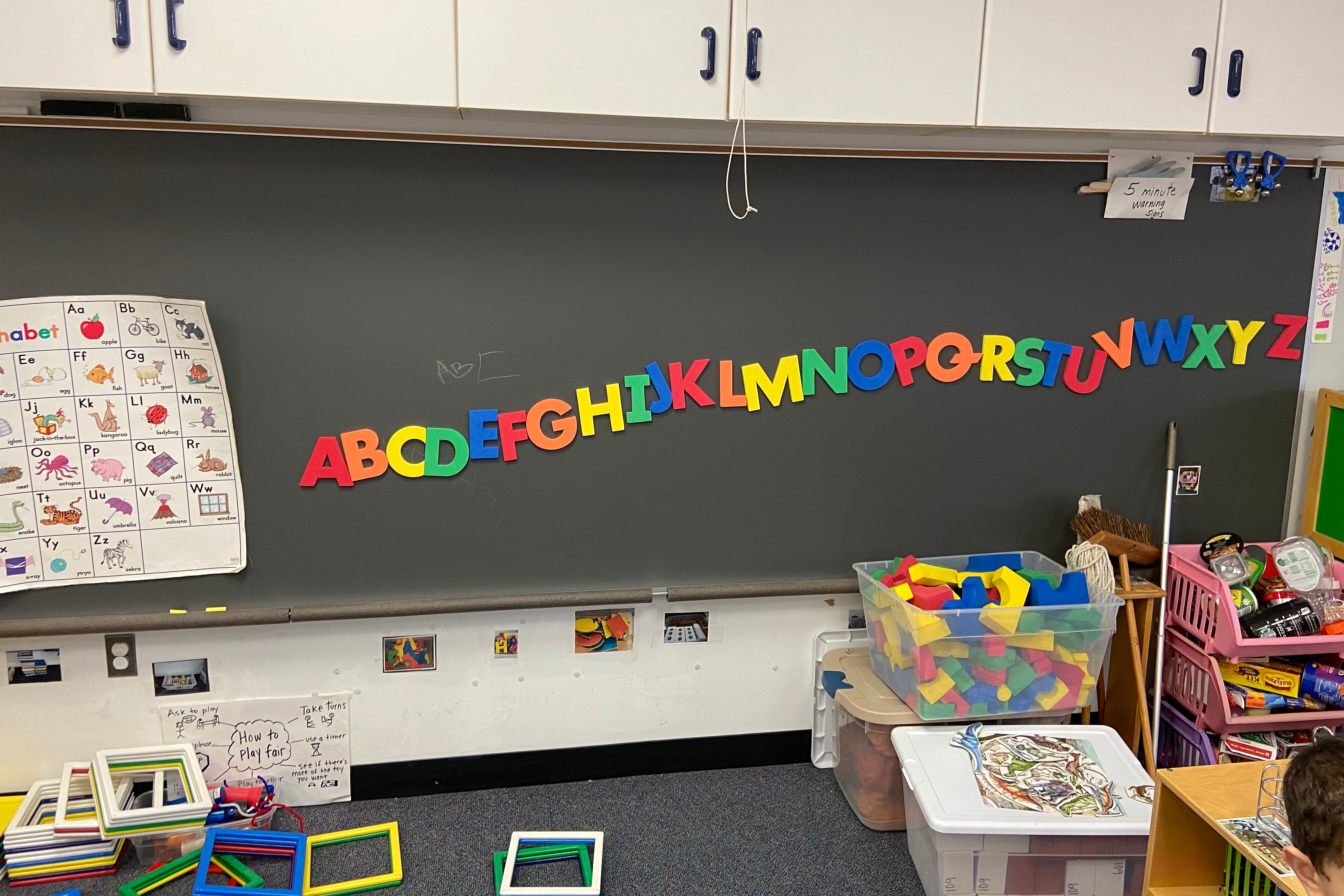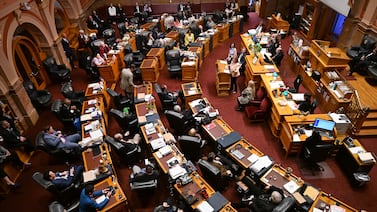As many districts across the state consider making drastic cuts to their budgets, the Detroit school board adopted a budget Tuesday night that includes no reductions in pay or staffing and no major program trims.
“We’re protecting jobs, we’re protecting salaries and wages, and we’re protecting student programming,” said Nikolai Vitti, superintendent of the Detroit Public Schools Community District.
Elsewhere in Michigan, school districts have been contemplating major cuts to address the substantial declines in state revenue that have happened because of COVID-19. The Grand Rapids school district may have to close schools and cut staff and programs and the Dearborn school district is looking at a $12.2 million deficit this school year. Many other school districts are looking at reducing costs.
The Detroit district’s $763-million budget was developed with the assumption that the district would see a reduction in state aid of $41 million, or $814 per pupil, for the 2020-21 school year. The exact amount of the decrease in state aid won’t be known until lawmakers get closer to adopting a state budget. Districts must adopt their budgets for the coming school year by June 30, and Oct. 1 is the deadline for adopting a state budget.
Want to stay in the know? Sign up to receive monthly text message updates on Detroit district board meetings by texting SCHOOL to 313-637-3777 or by typing your phone number into the box below.
To address the funding shortfalls, the district made cuts to central office discretionary spending, staff travel, and student field trips, and eliminated vacant district positions.
The district received $85 million in funding through the federal coronavirus relief bill. Much of that federal money will go toward plugging the gaps left by the expected cuts in state aid over the next two years. The district is adding $43 million of the federal funding to the 2020-21 budget and the remaining $42 million will go toward the budget the following year, when schools are likely to experience another cut in state aid.
In addition to filling the gap from state cuts, federal coronavirus aid would also go toward expenses related to COVID-19: personal protection equipment, additional investments in students technology, and wraparound services such as guidance counselors and nurses.
Current teachers may receive one-time bonuses if enrollment remains the same, per-pupil funding is restored, and a tax millage that provides additional funding for Wayne County schools is renewed in November. That millage revenue helped cover pay boosts in the last few years.
If state aid cuts are larger than budgeted, the district would have to amend its budget and consider other ways of dealing with the revenue loss. That could include dipping into its $140 million fund balance, using more federal aid money this year than anticipated, reducing district spending further, or, as a last resort, considering layoffs and furloughs.







